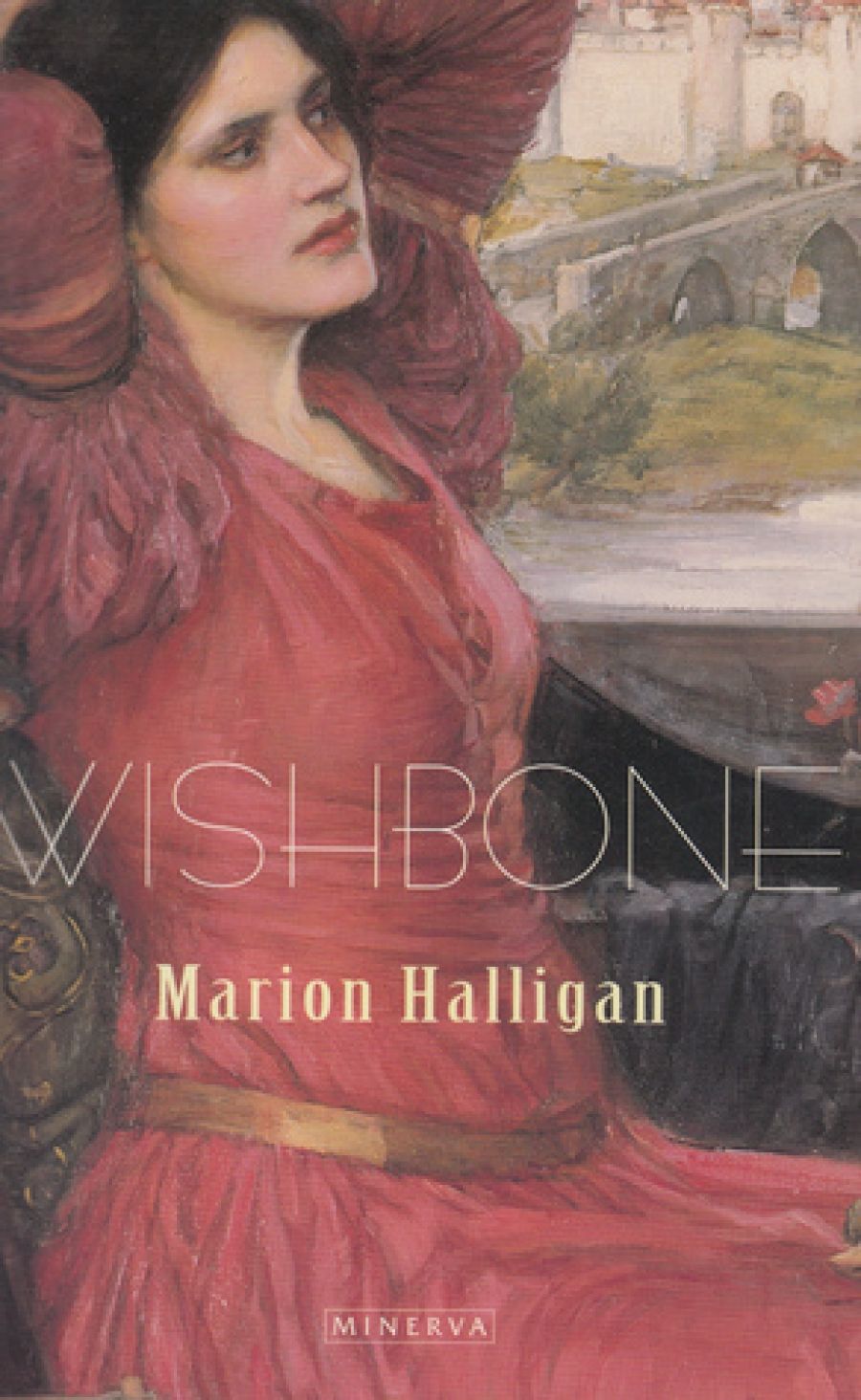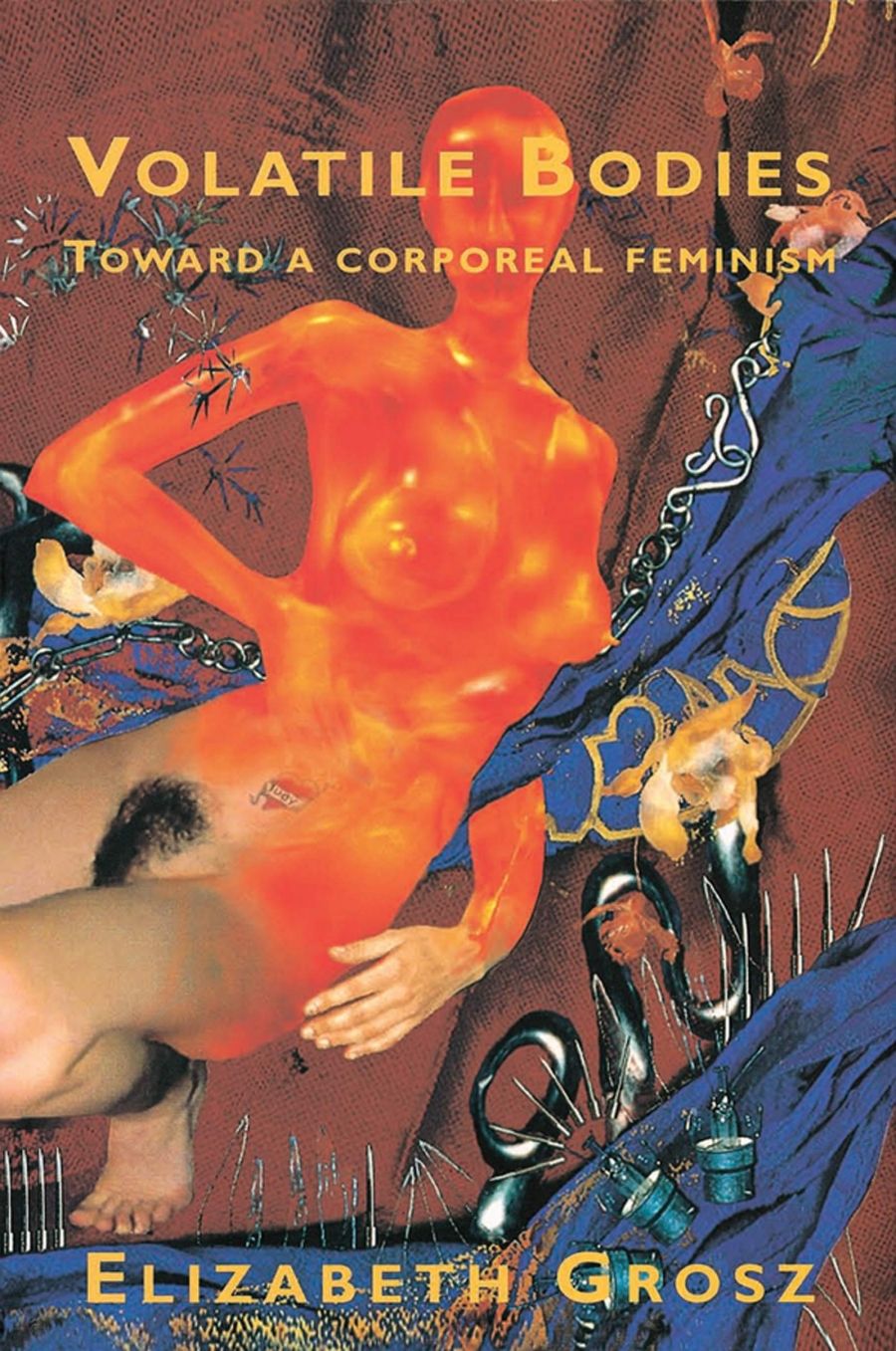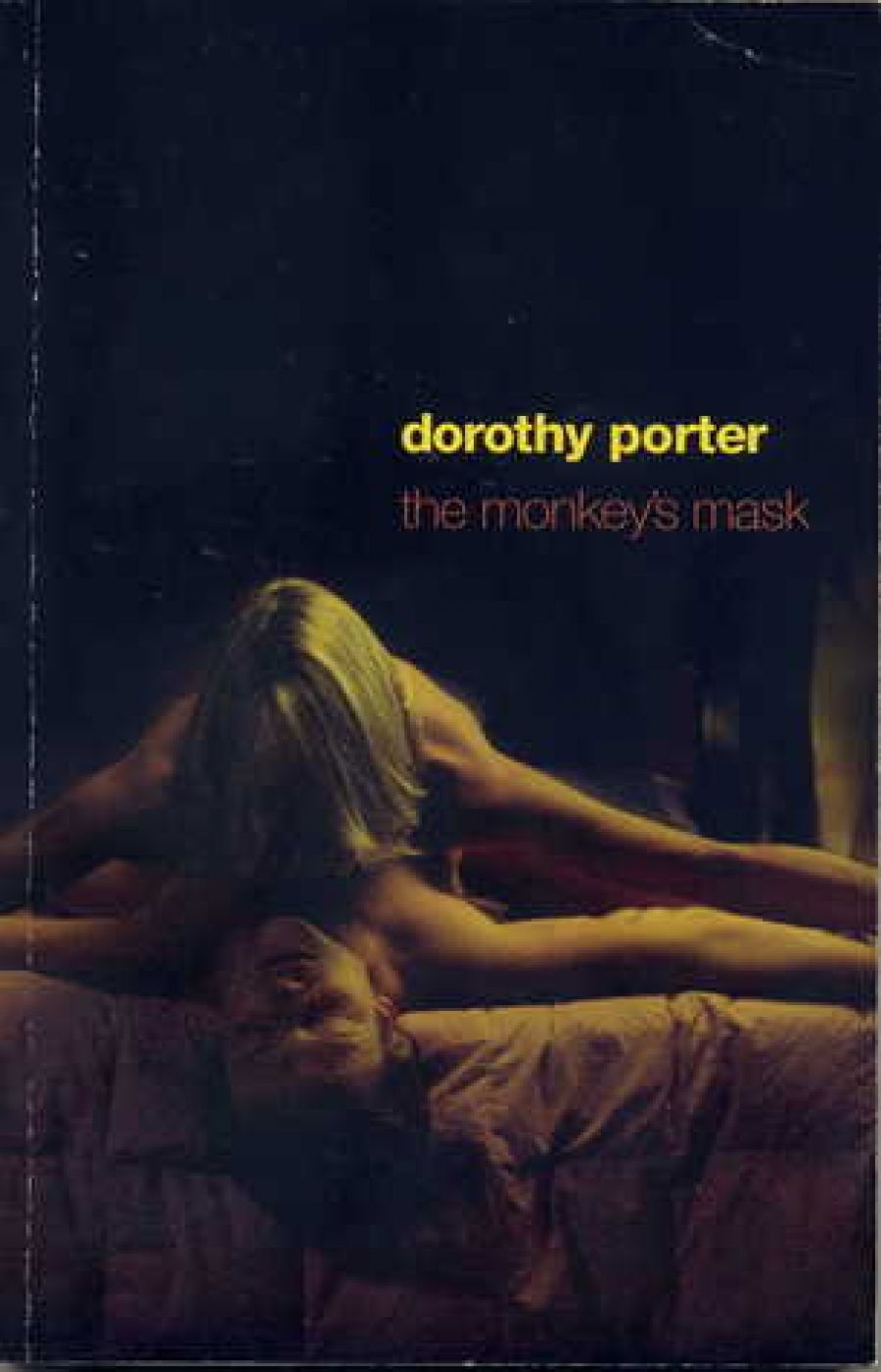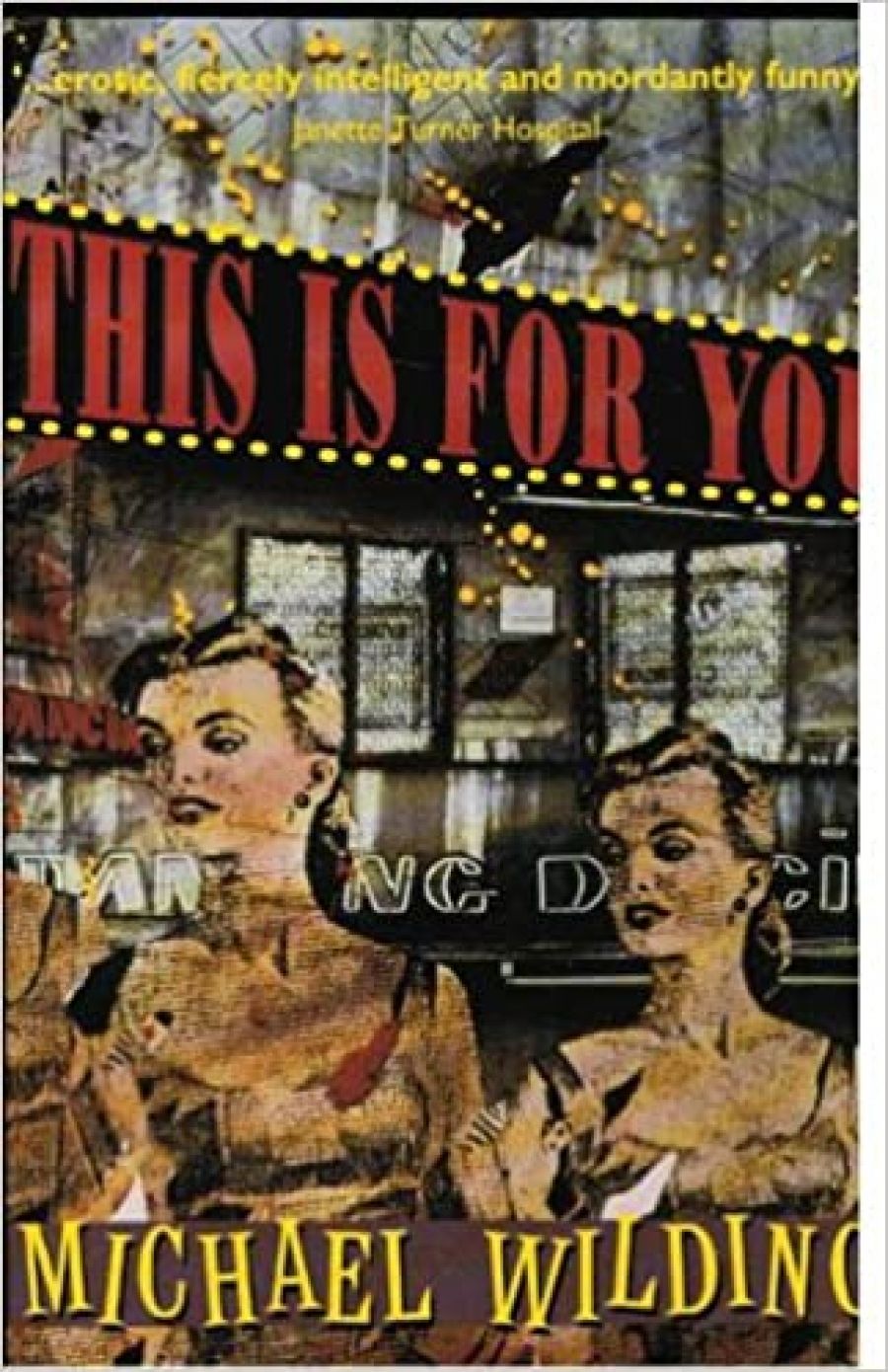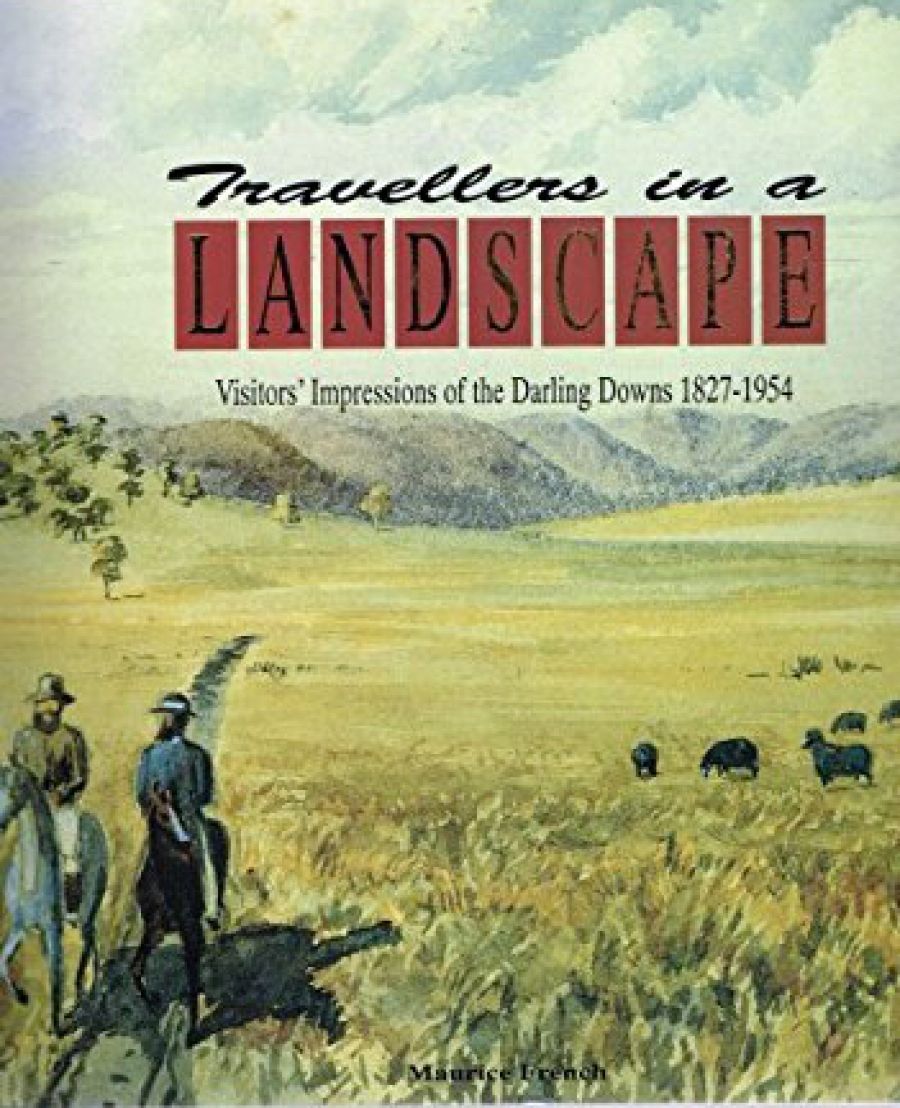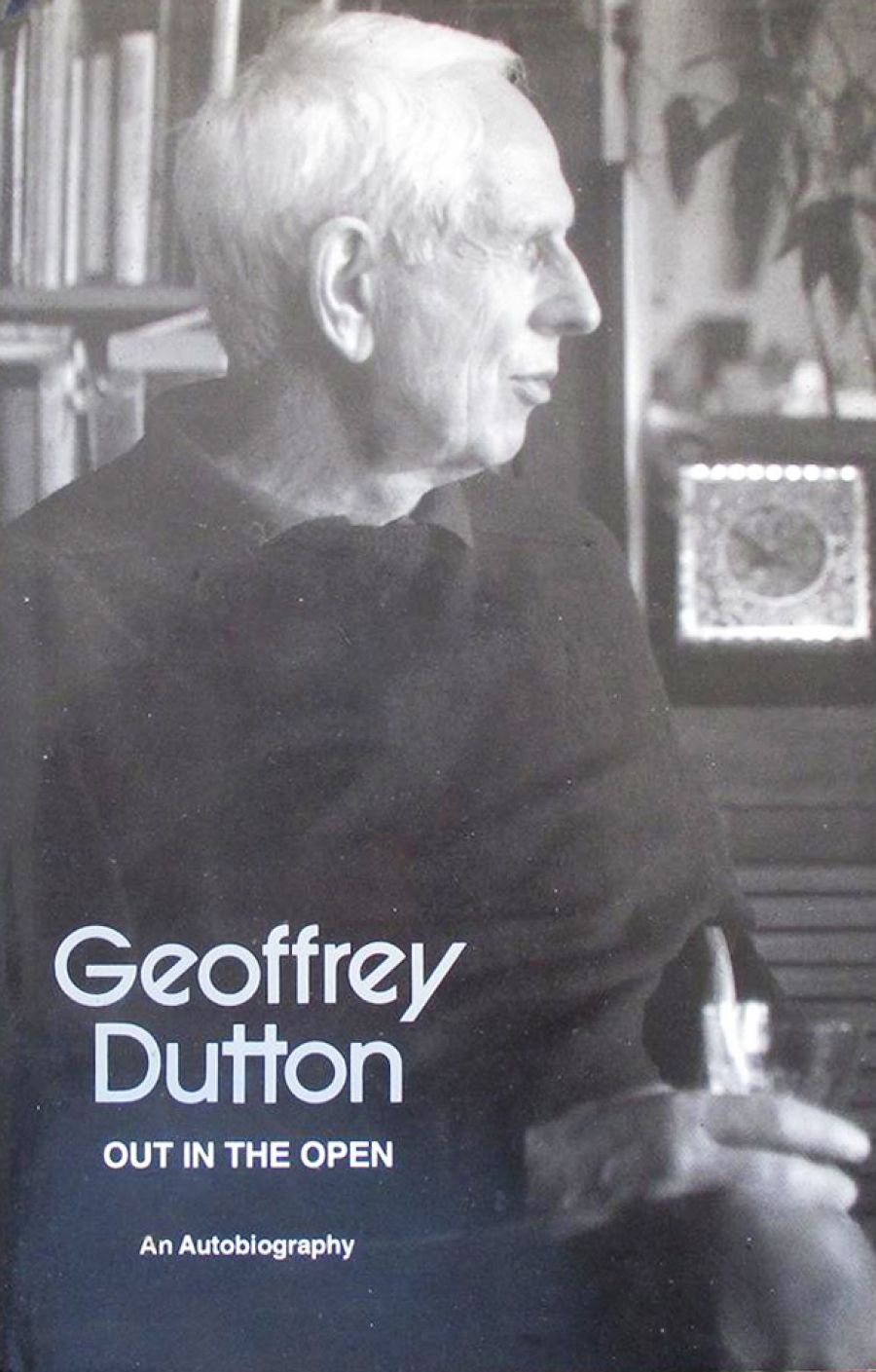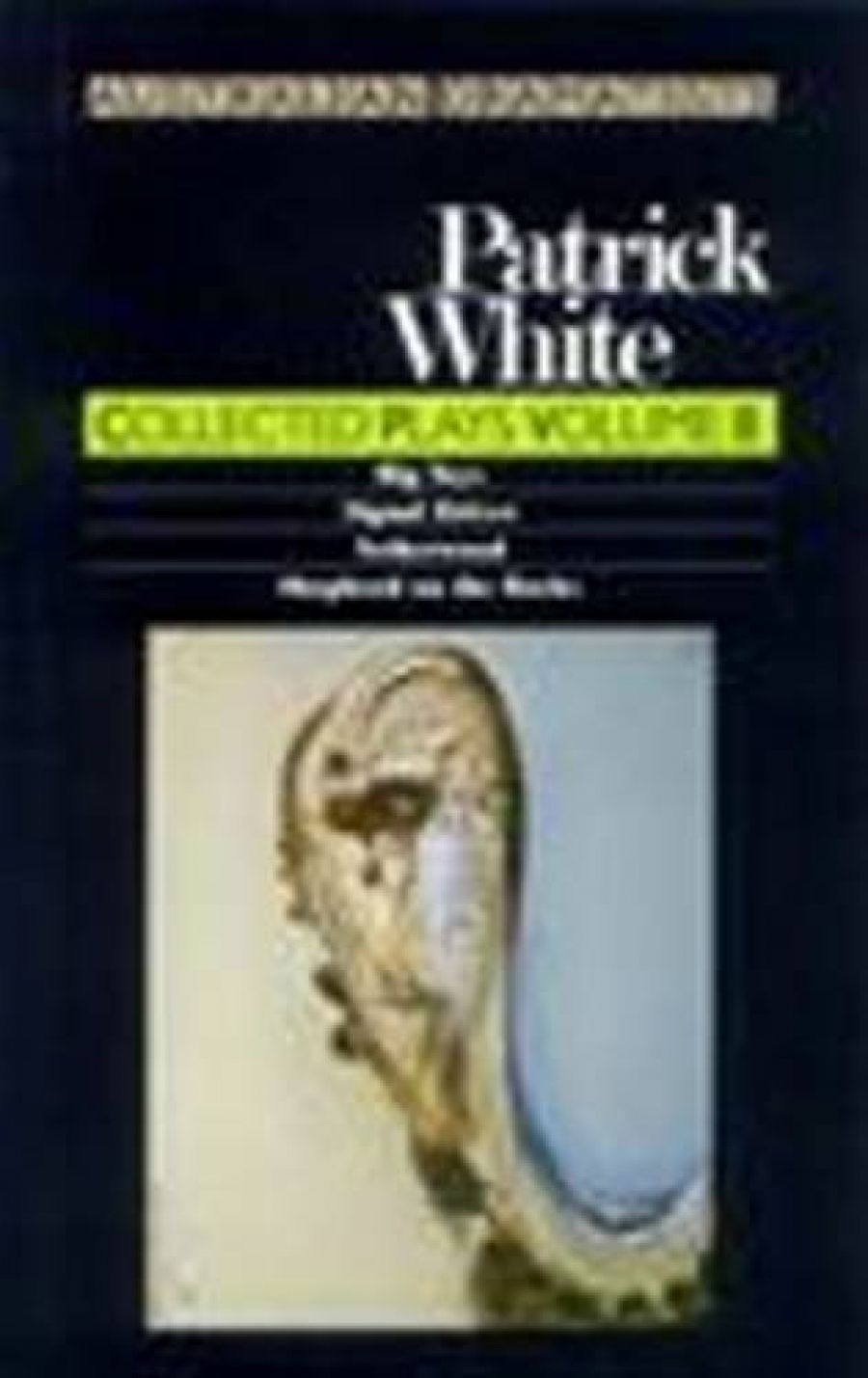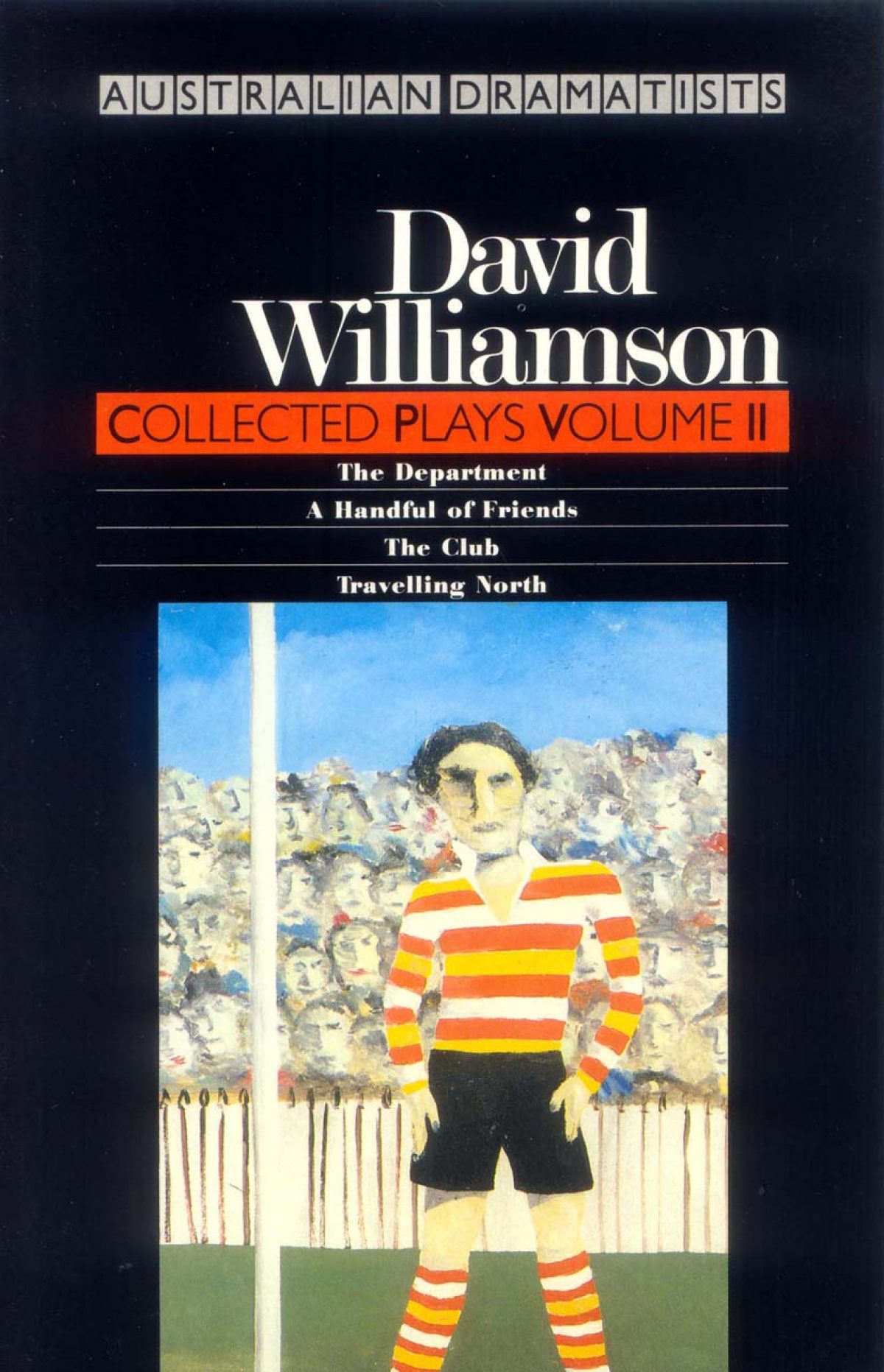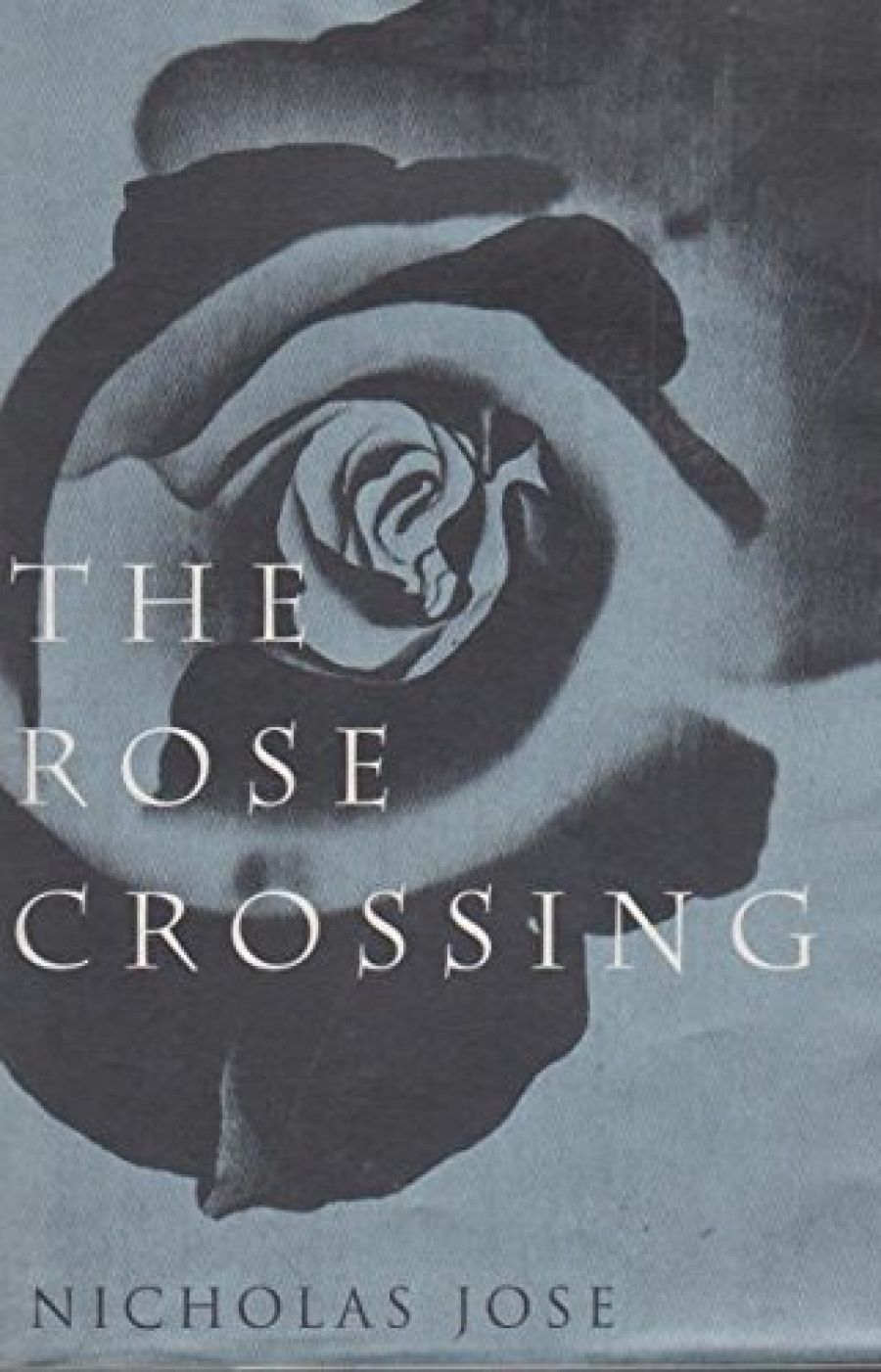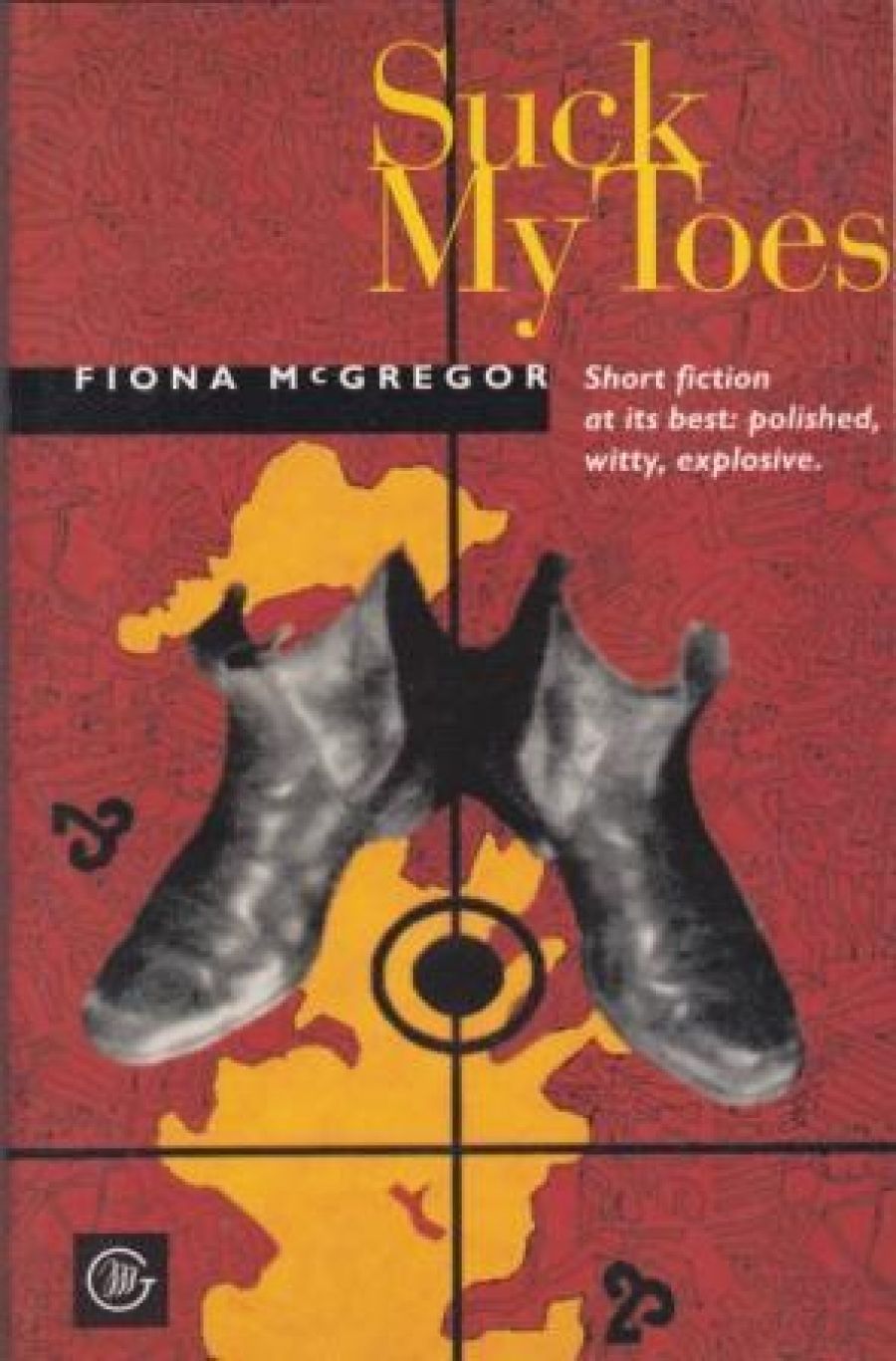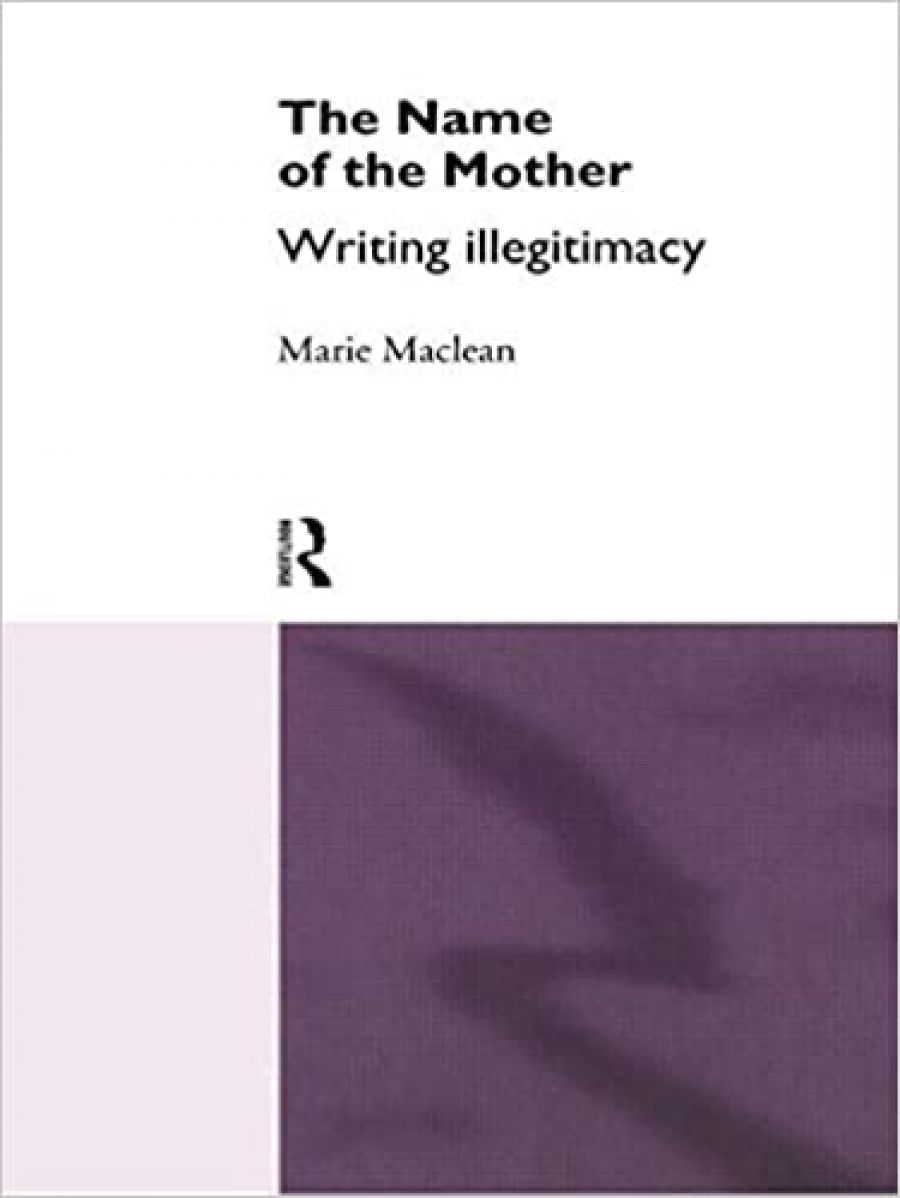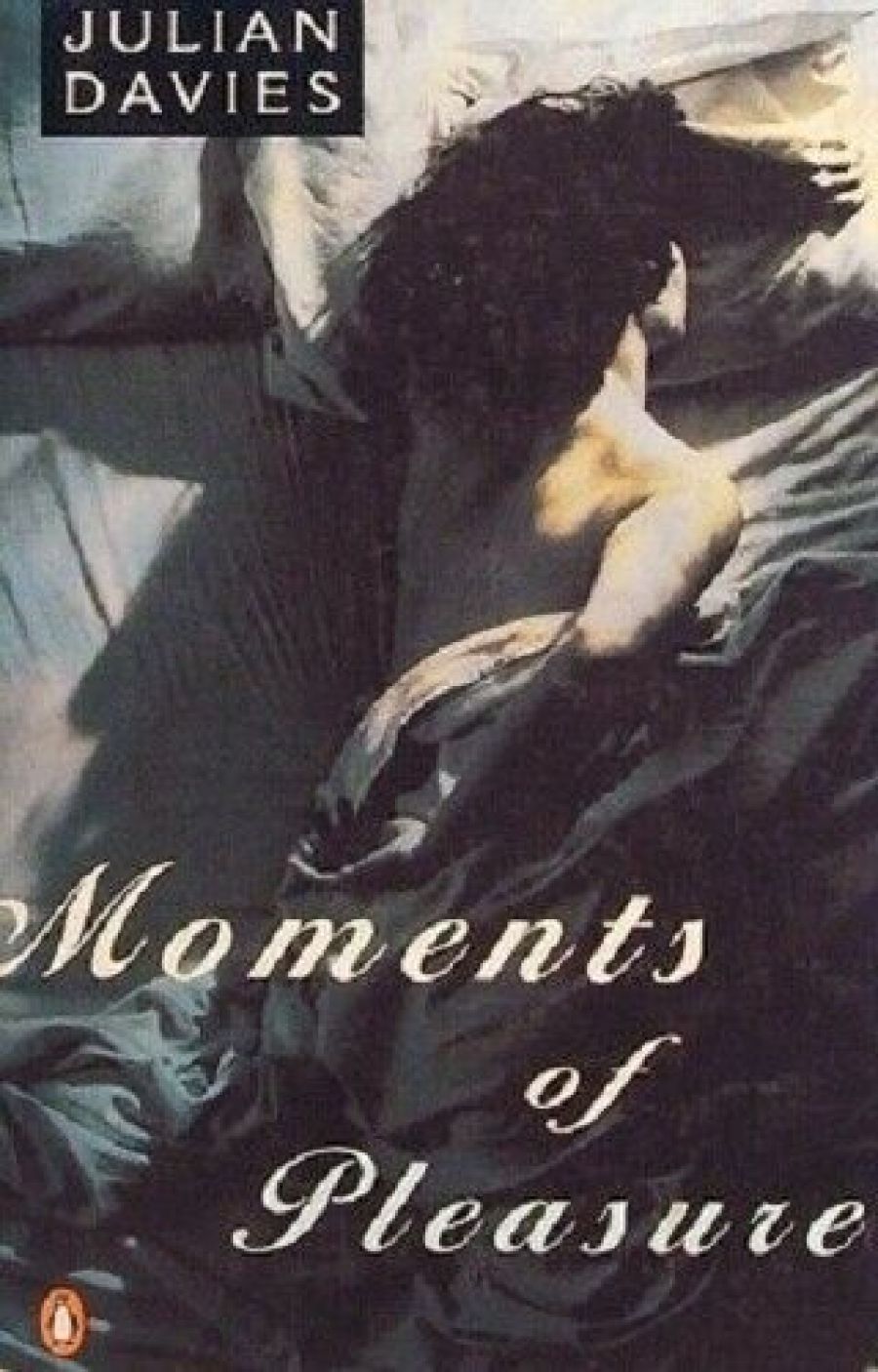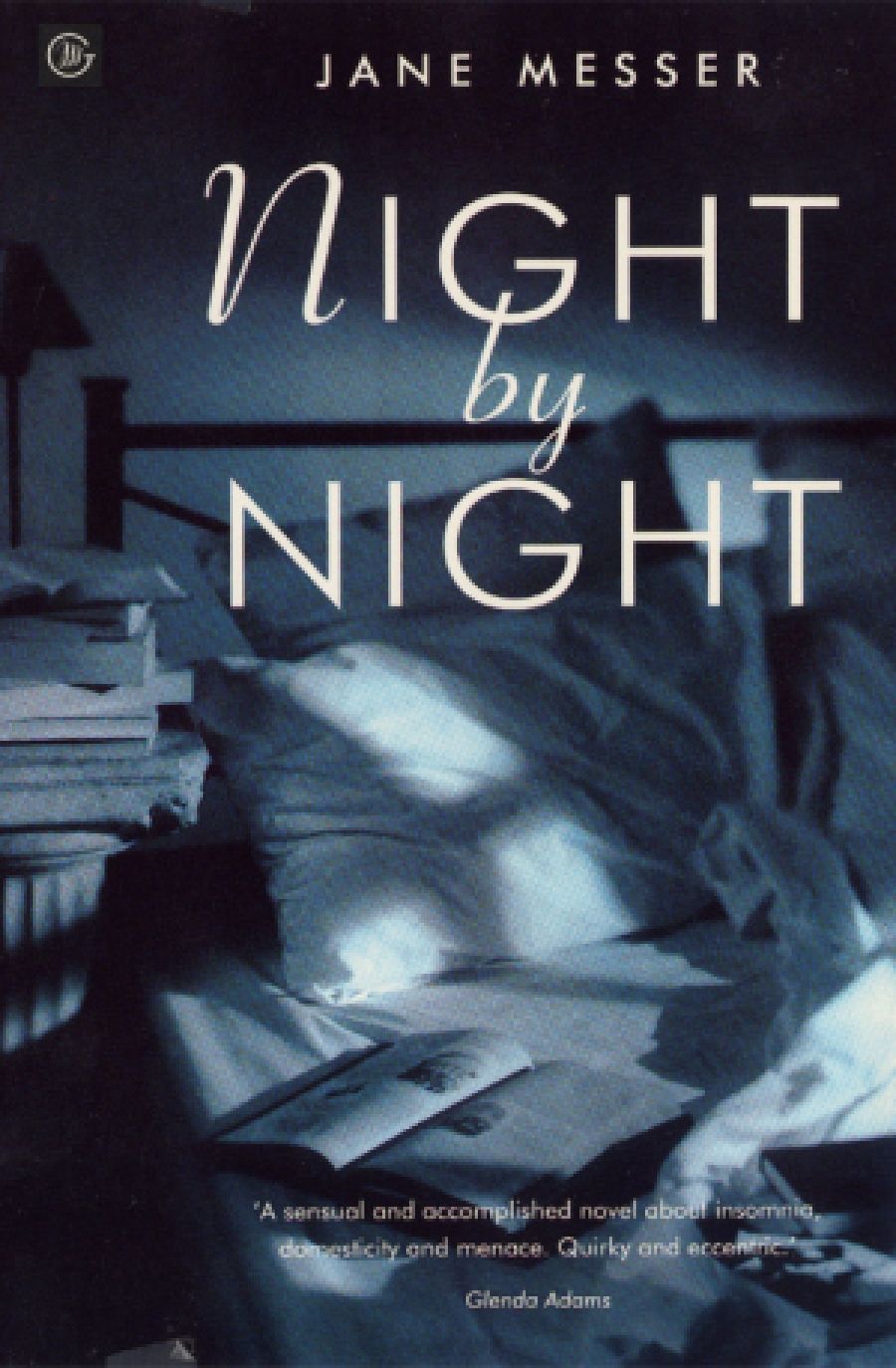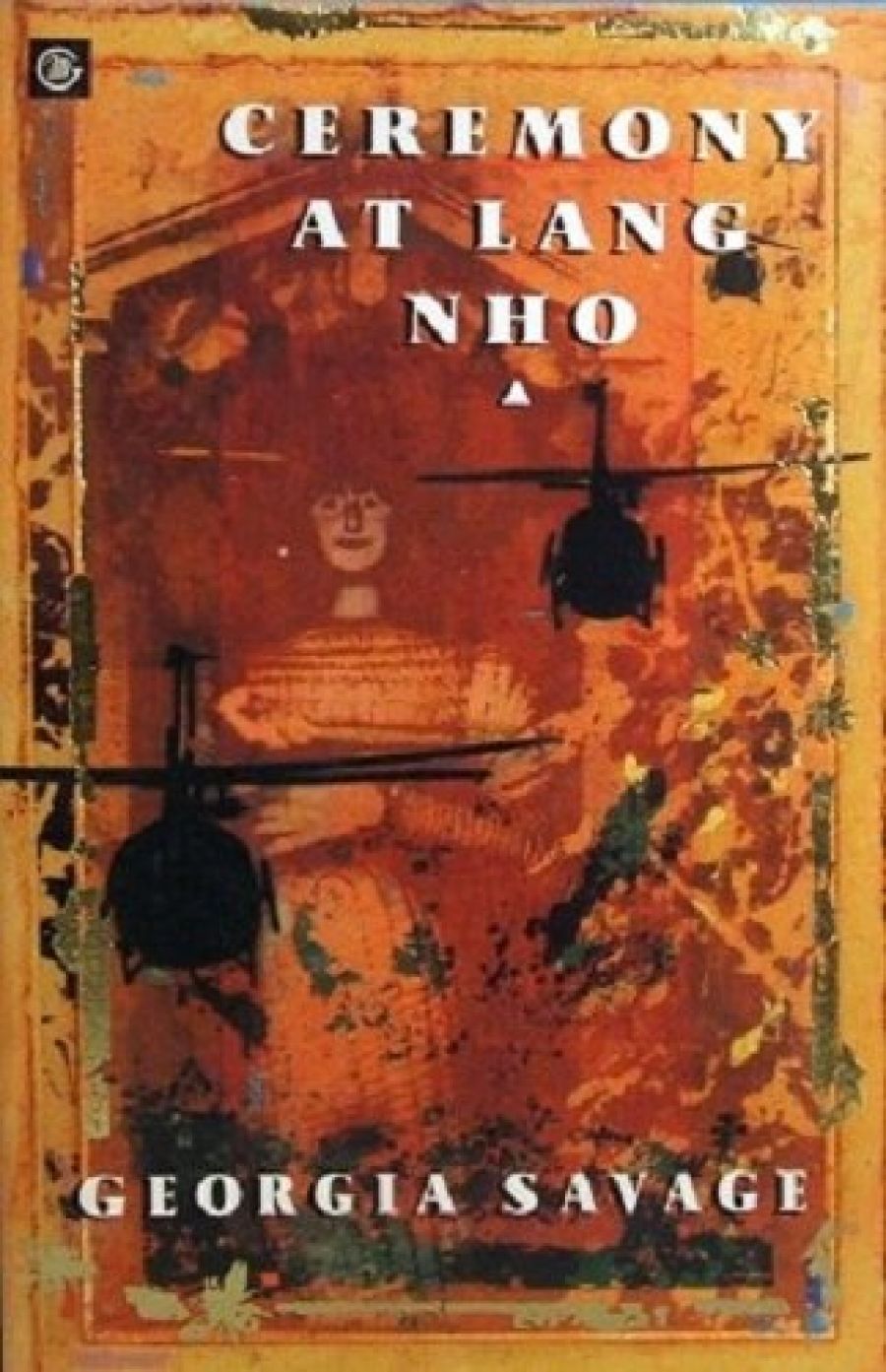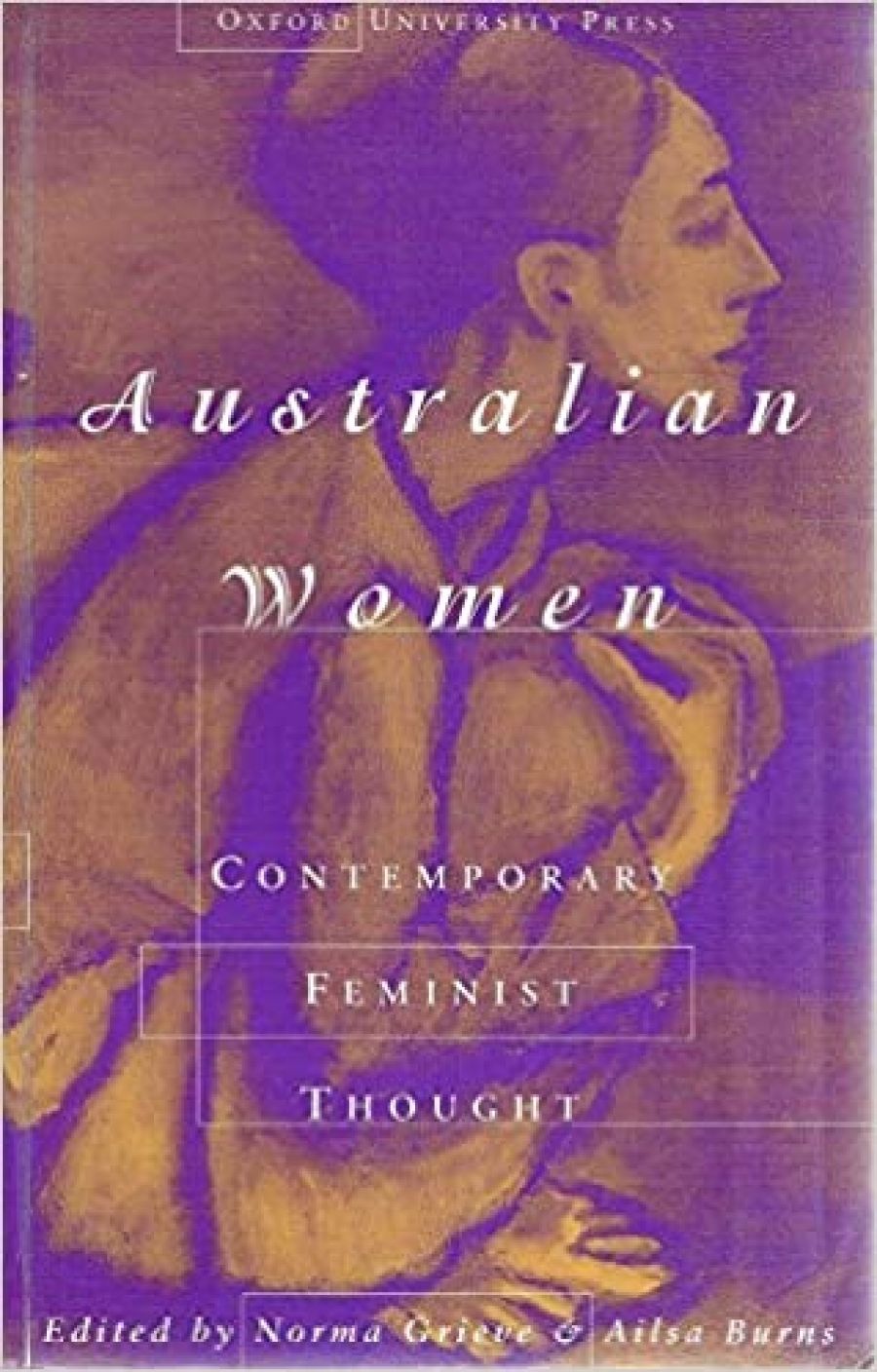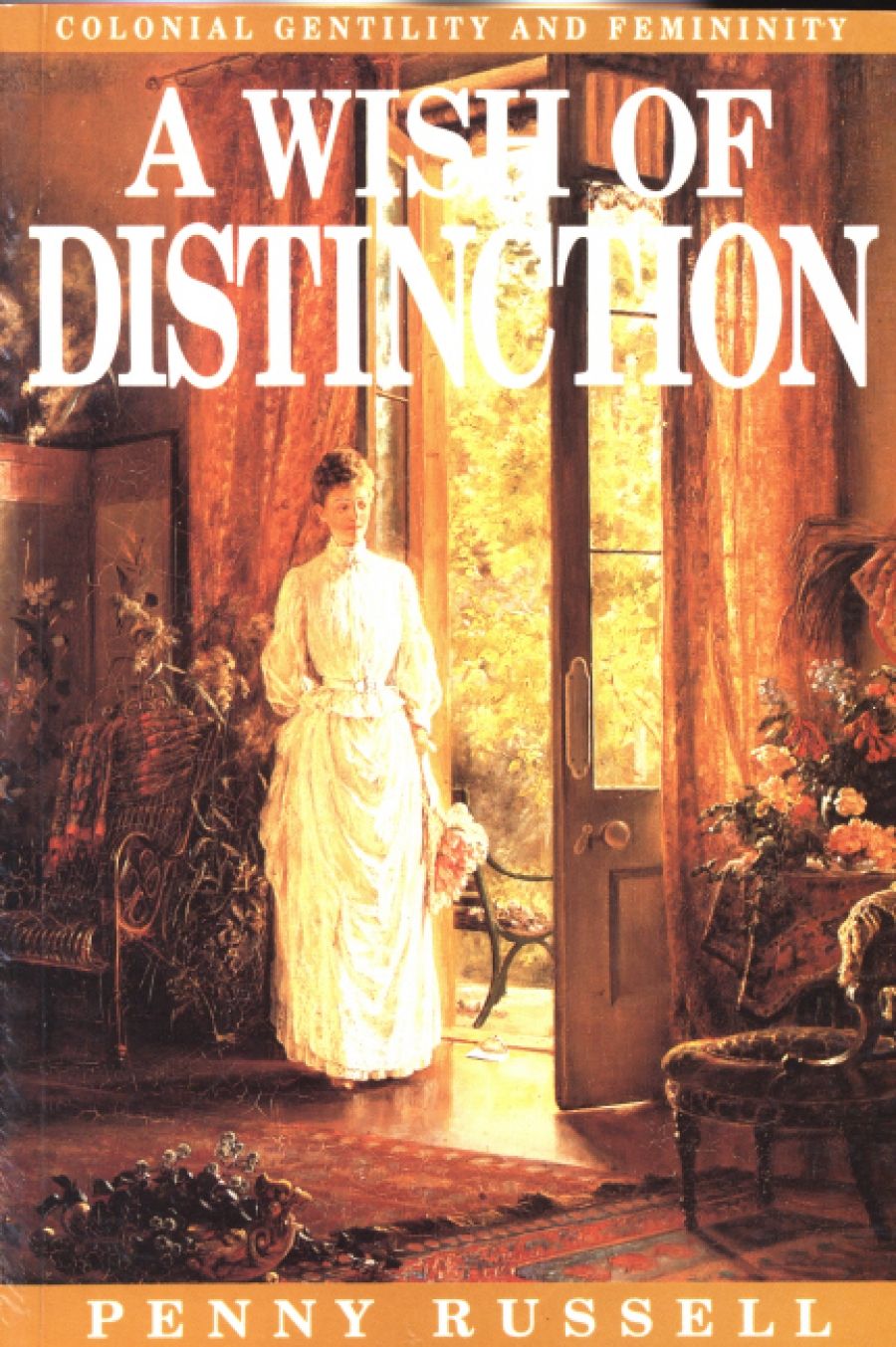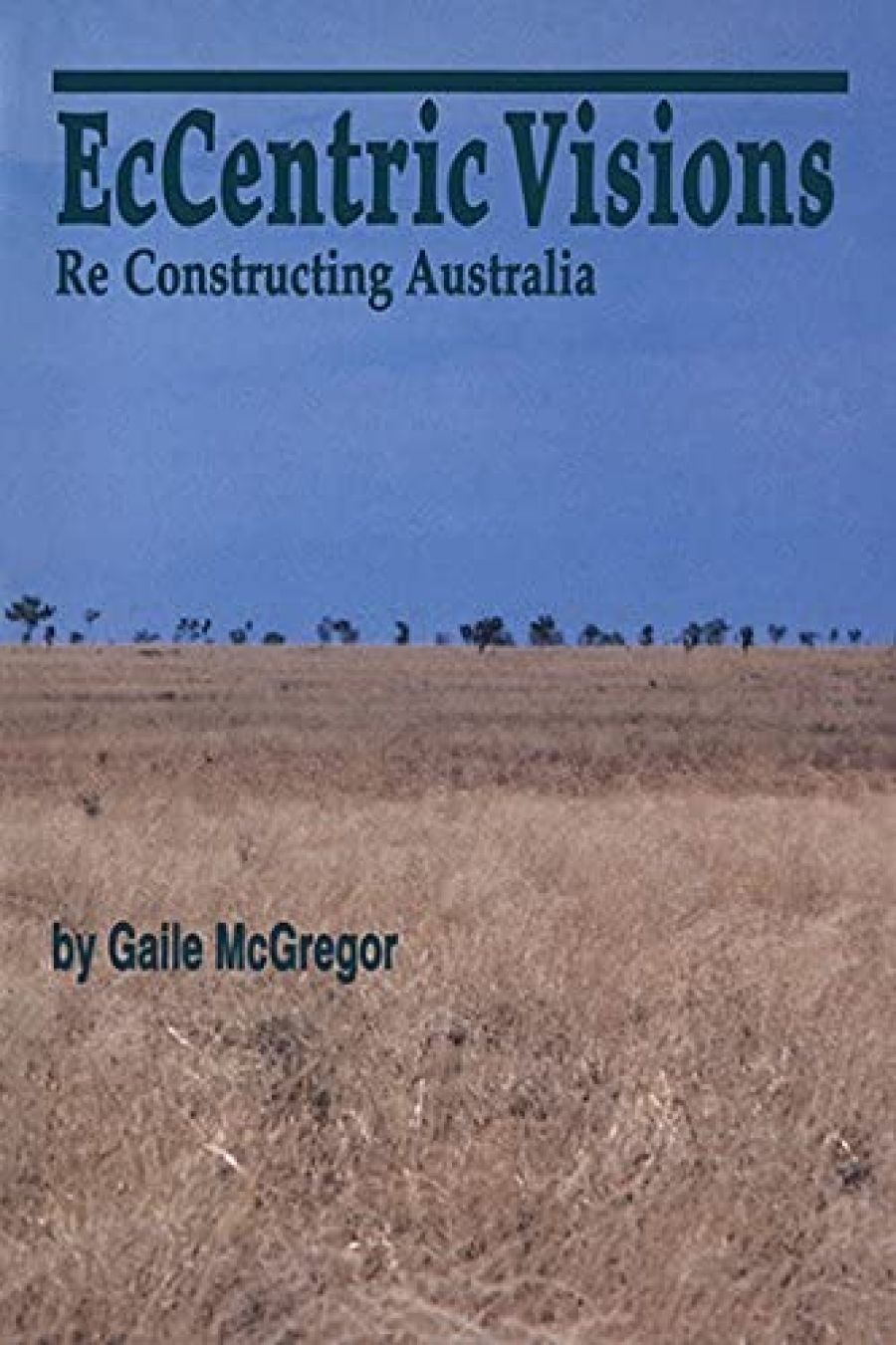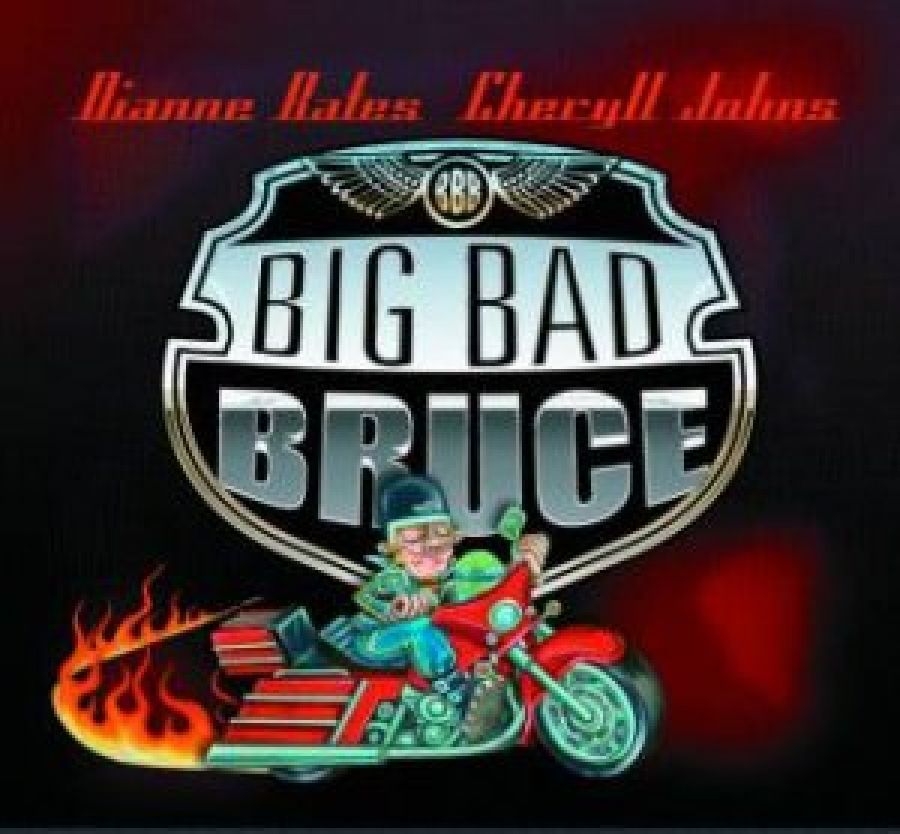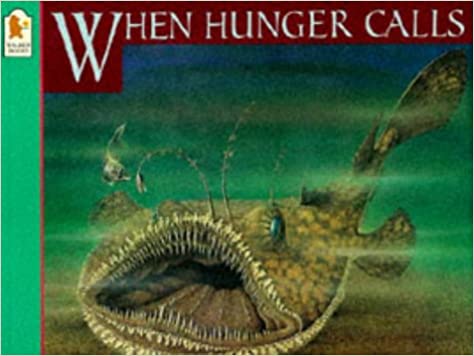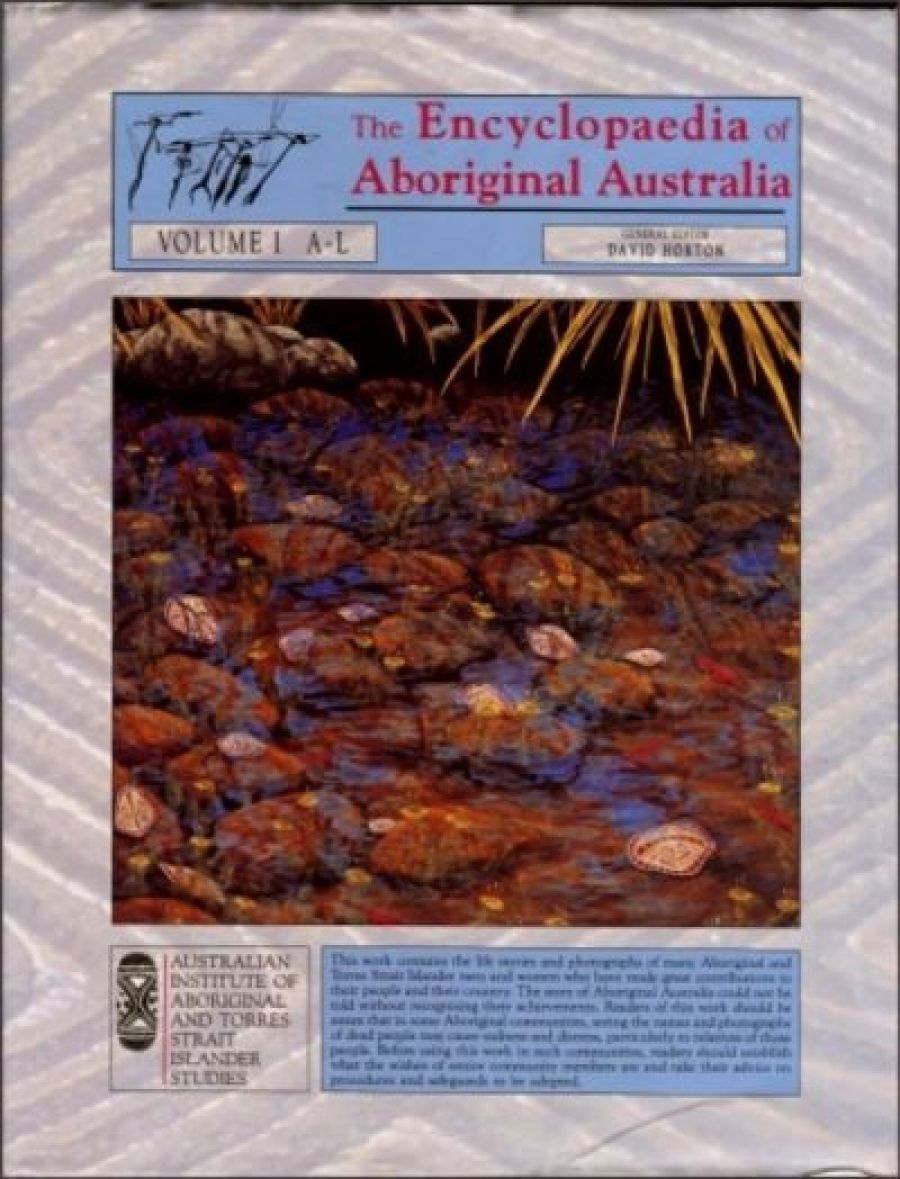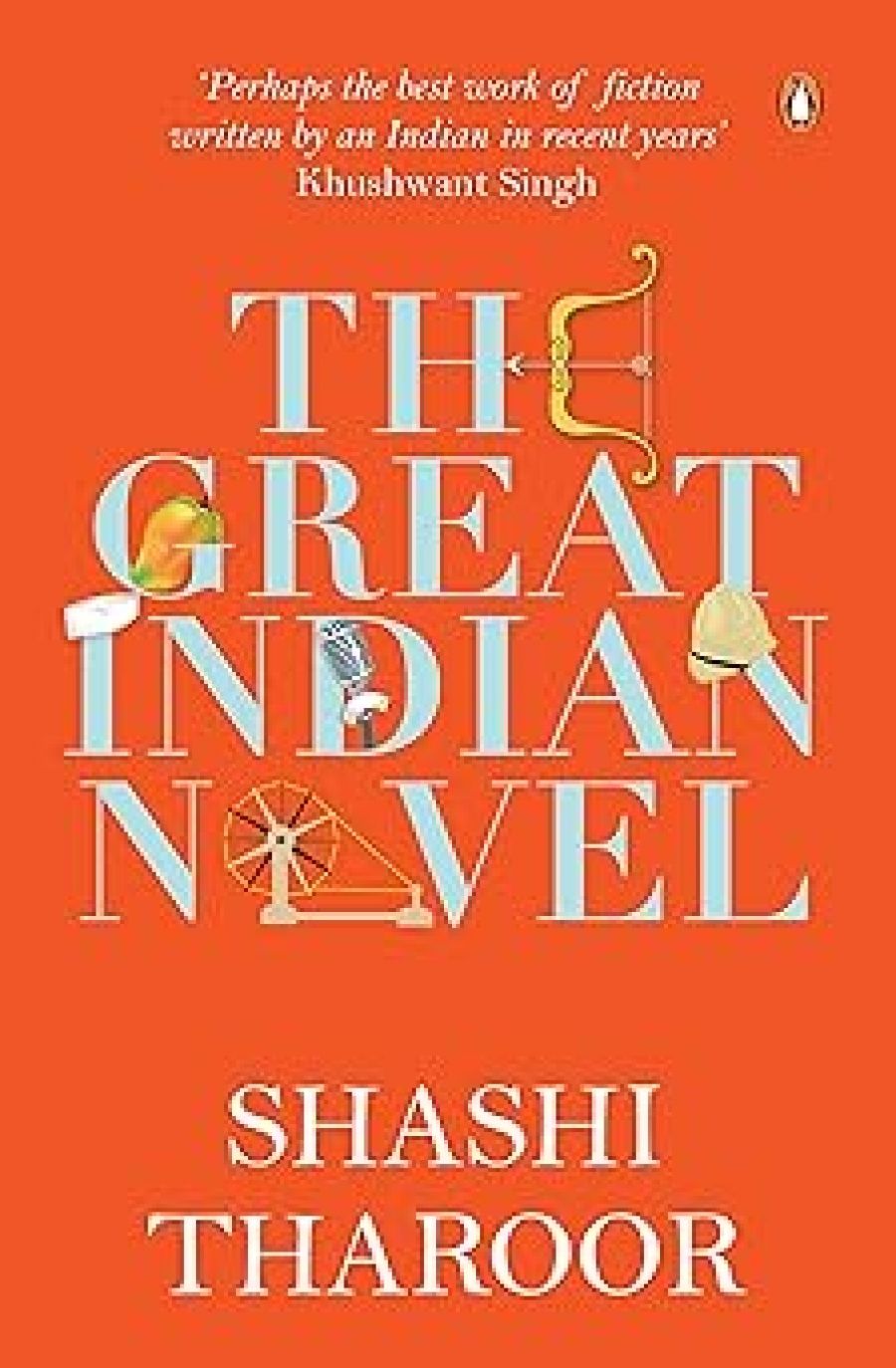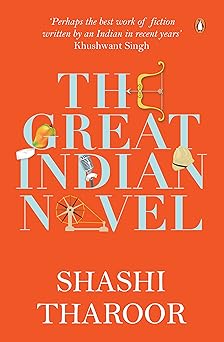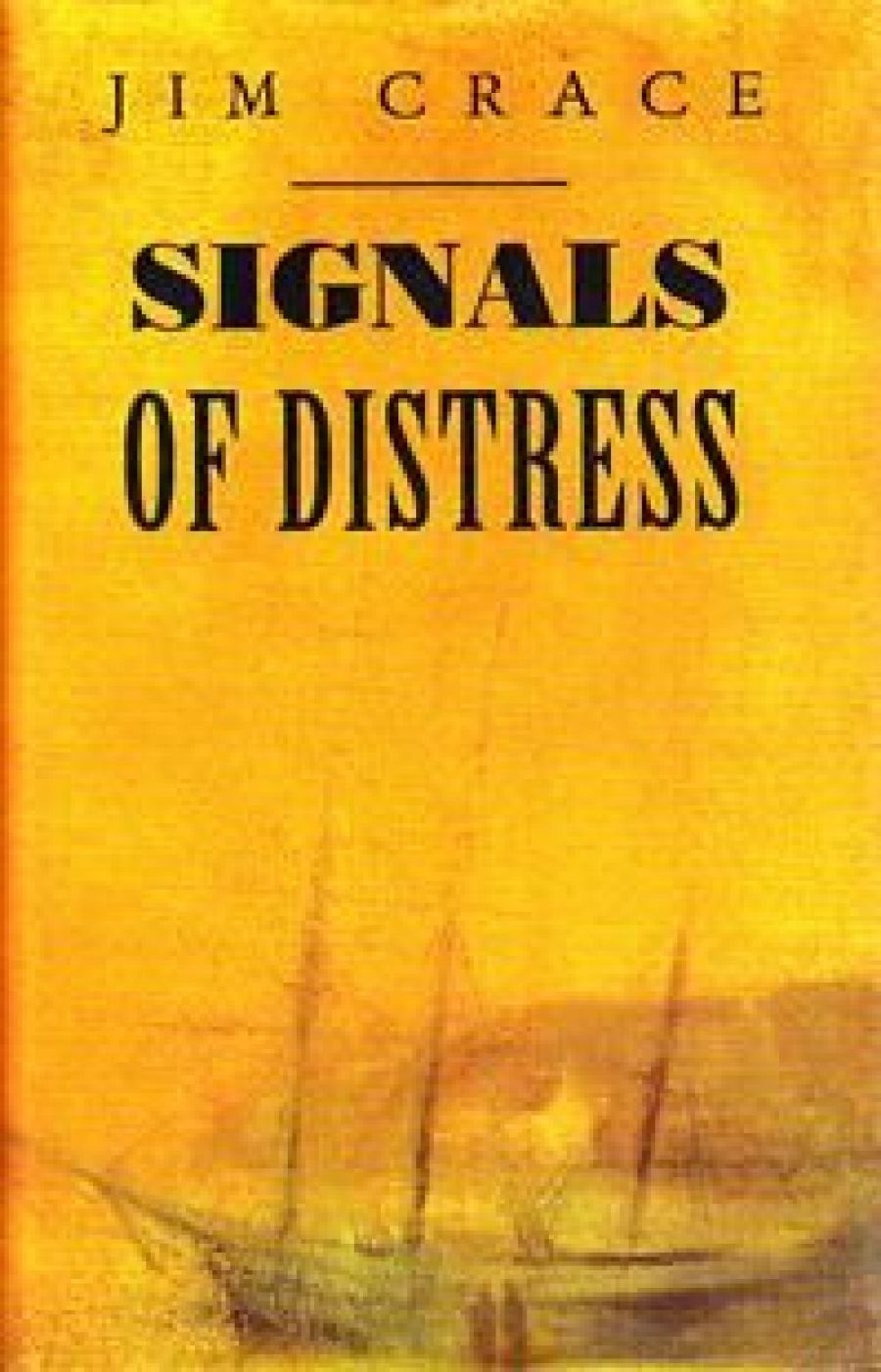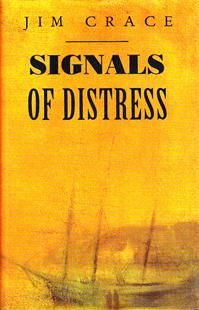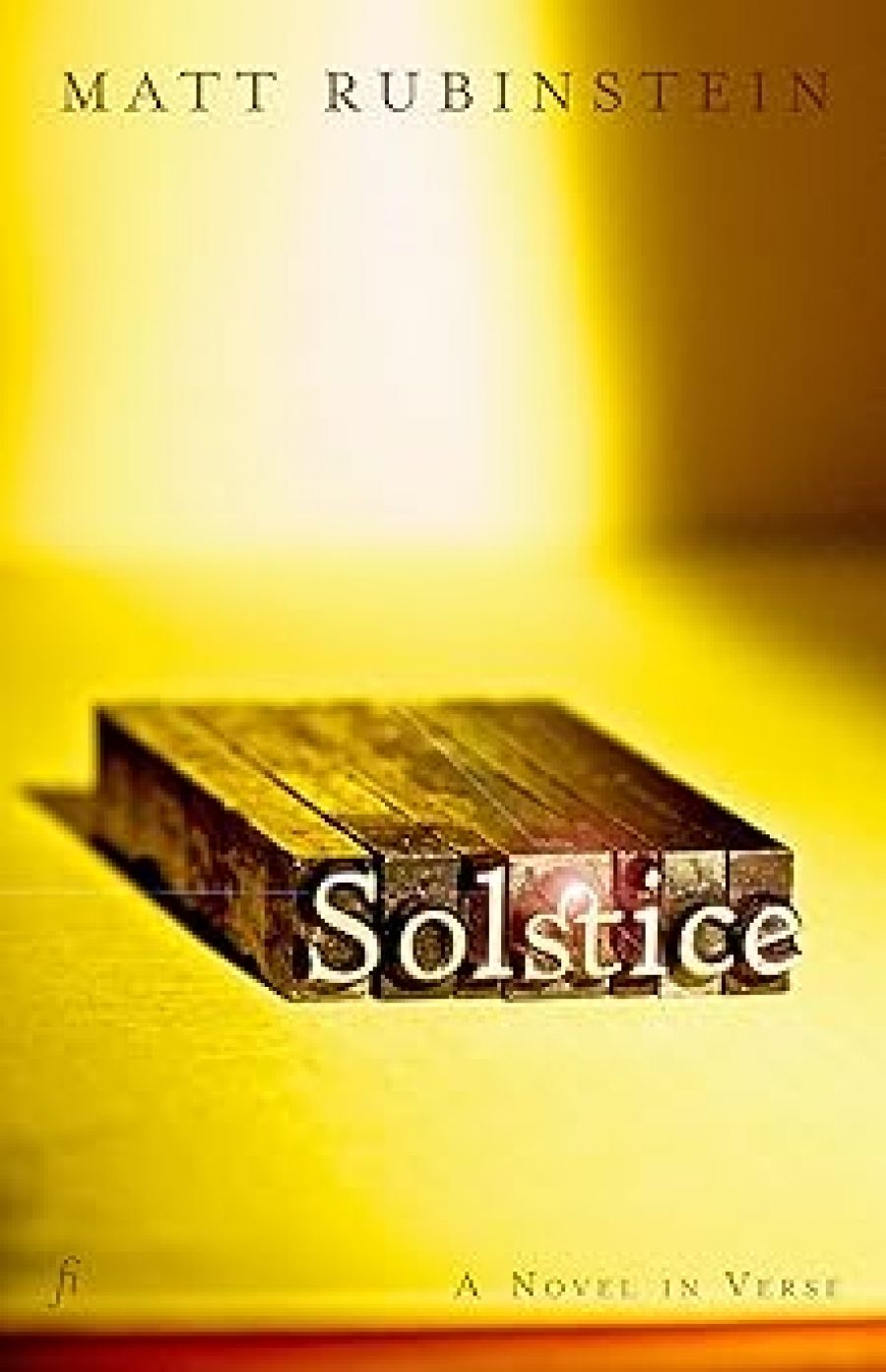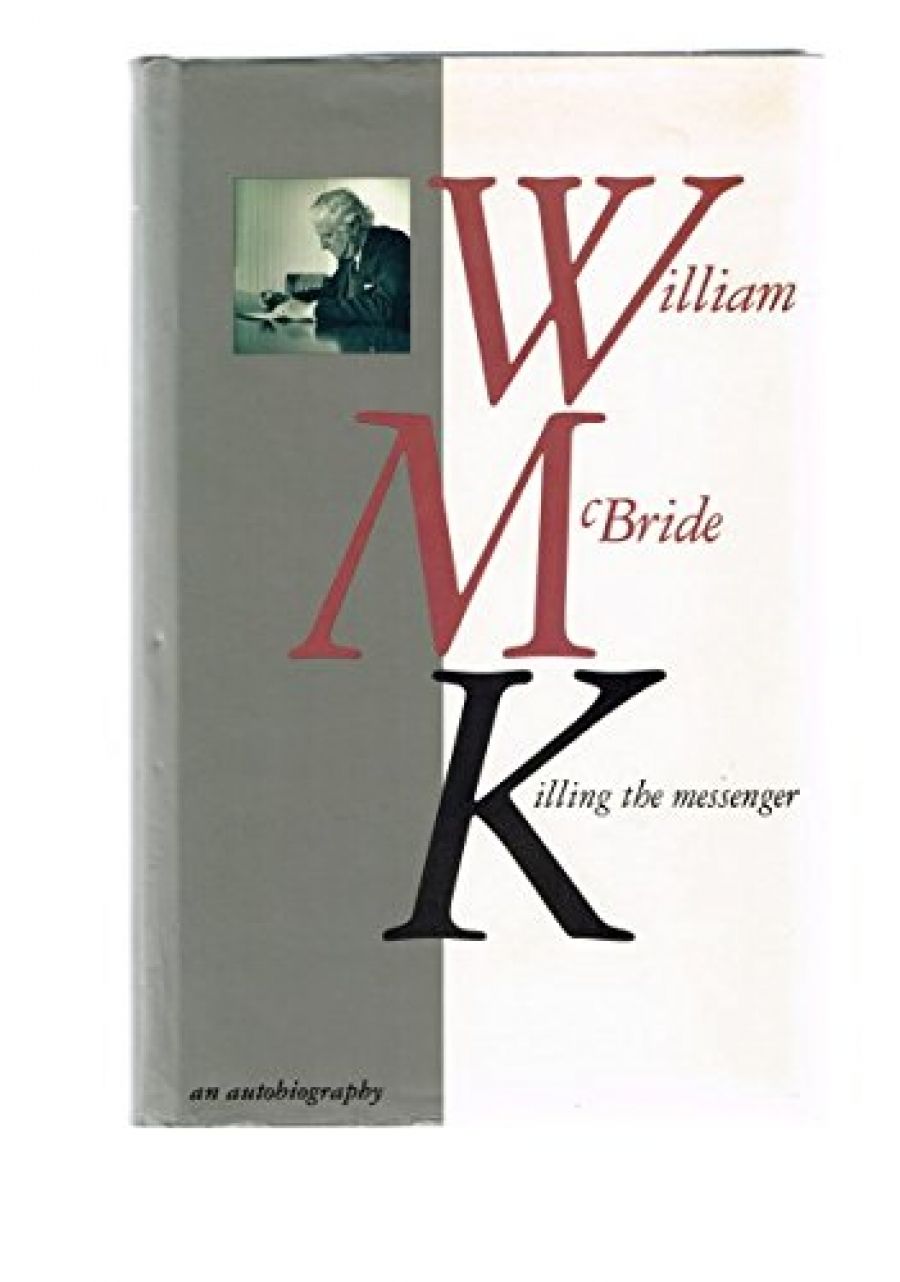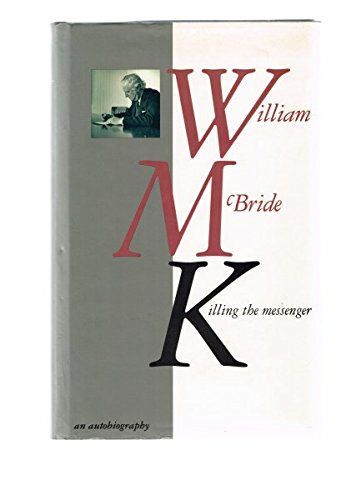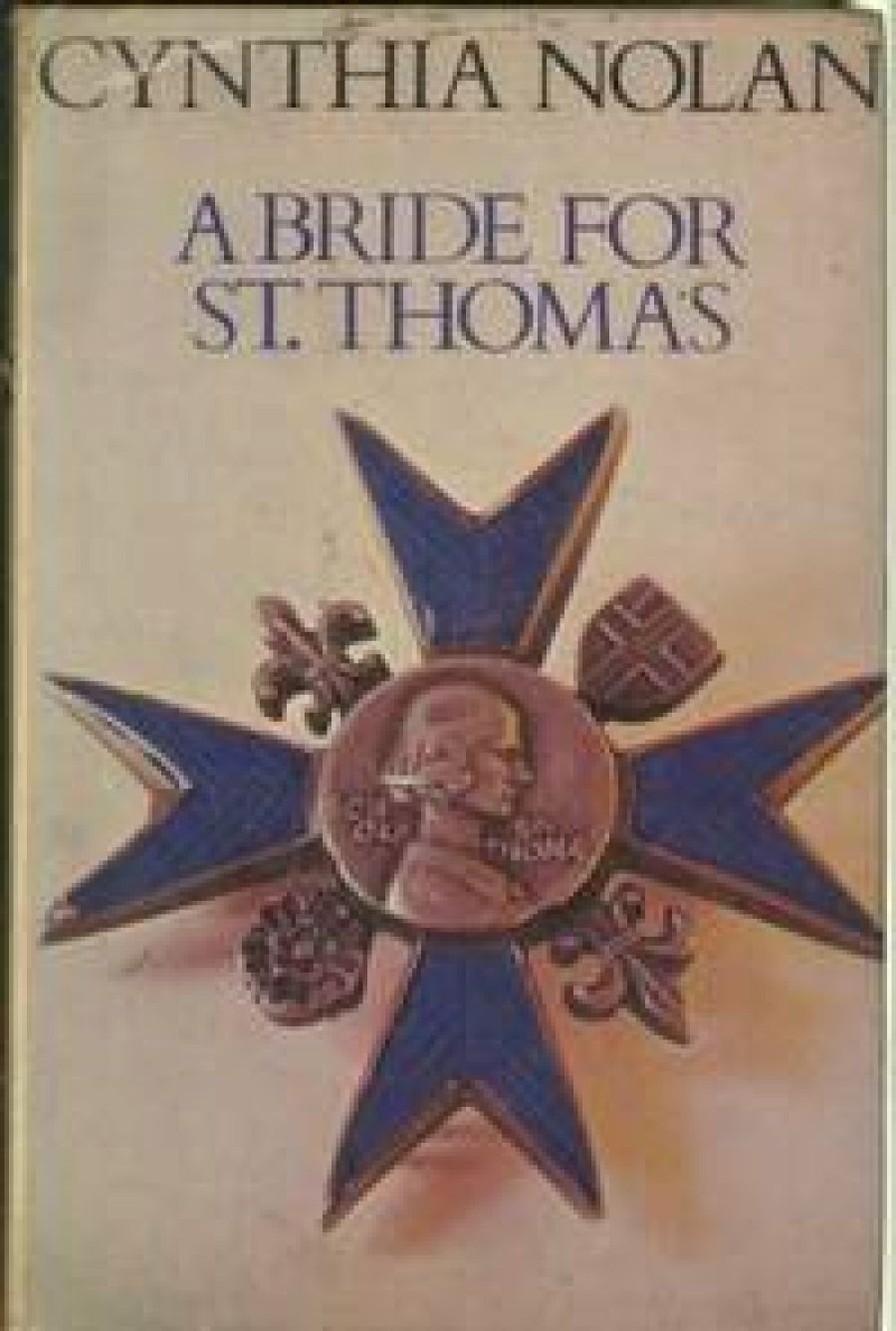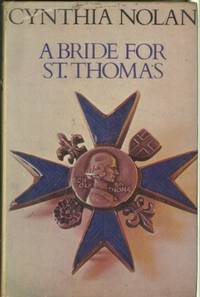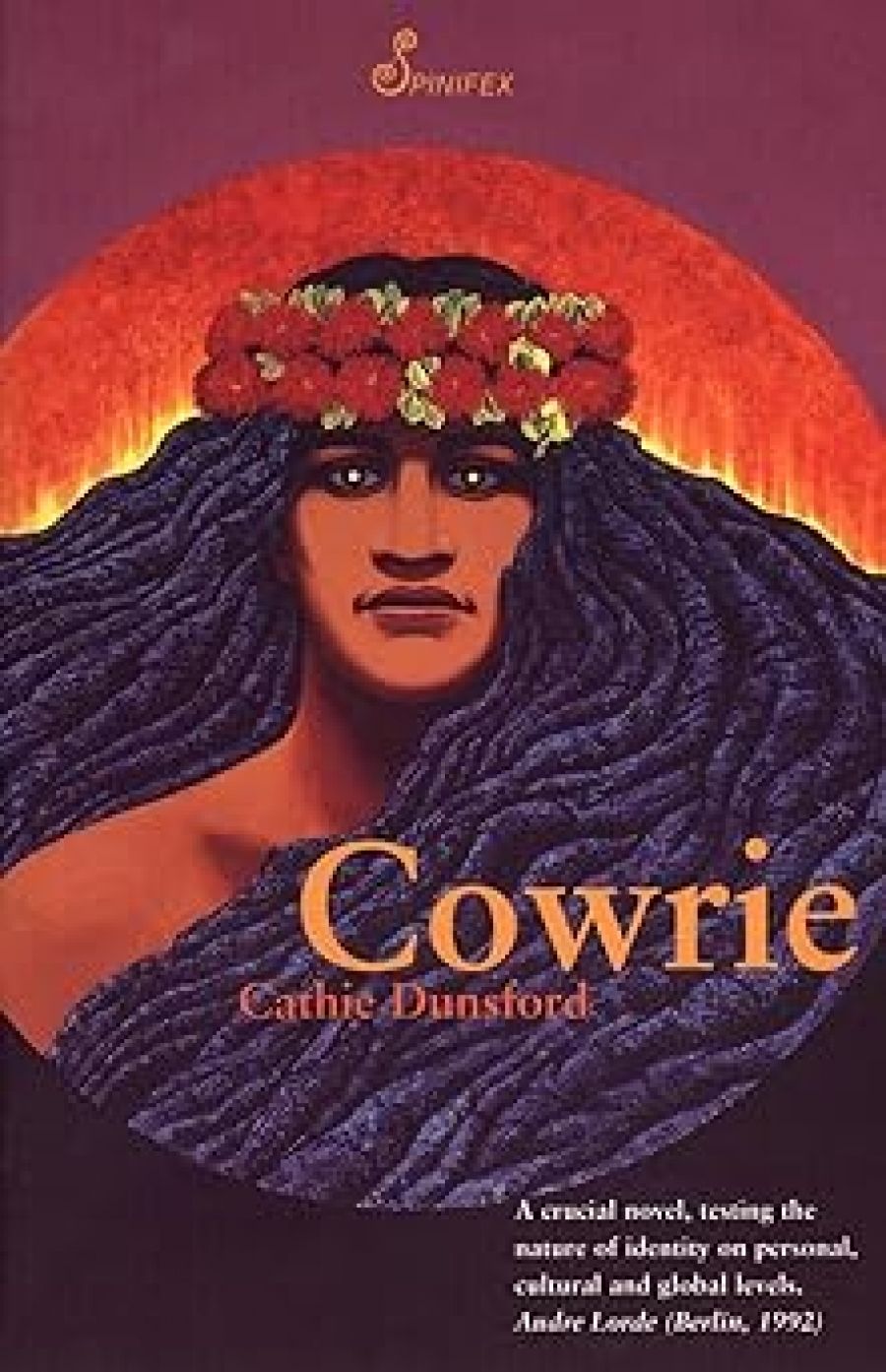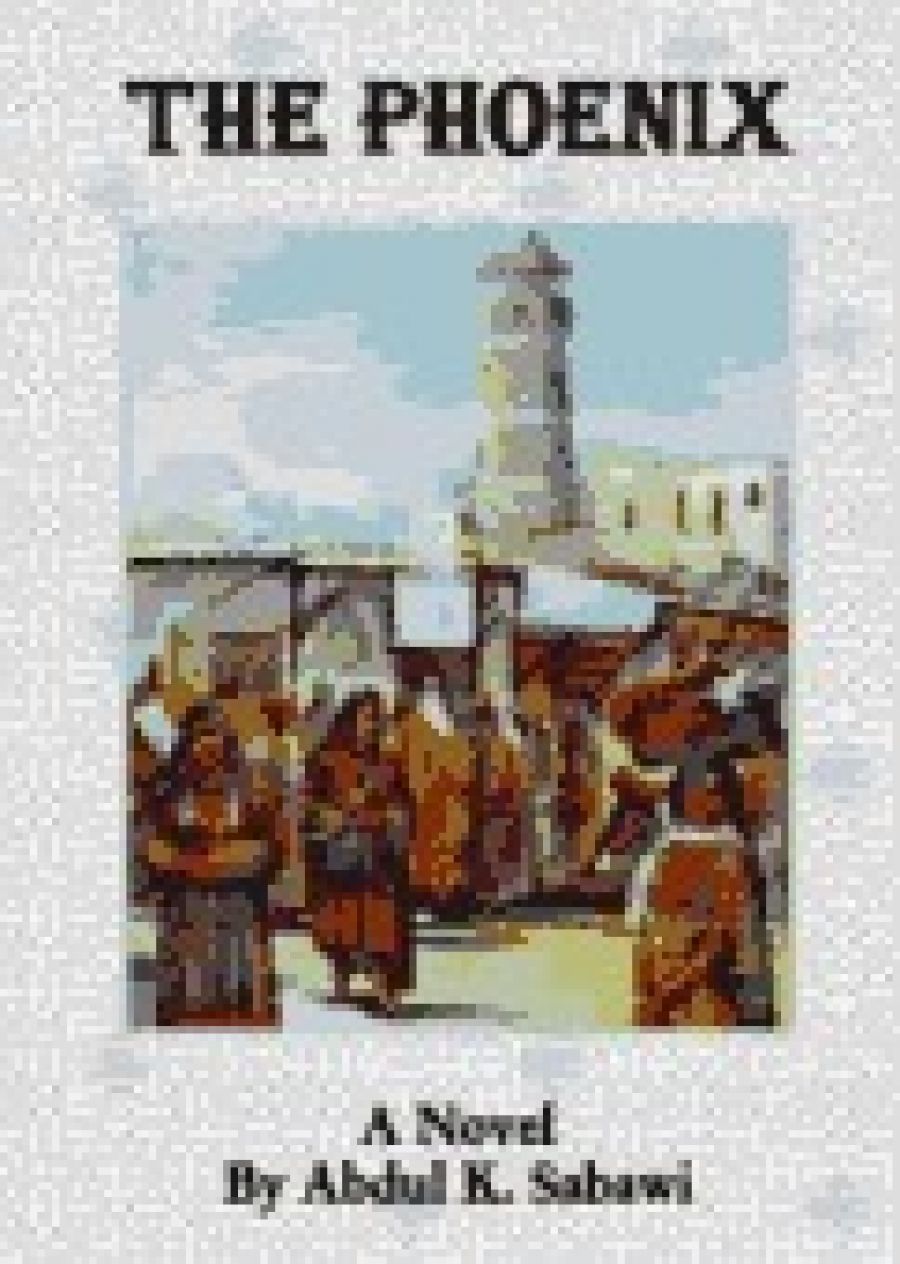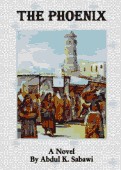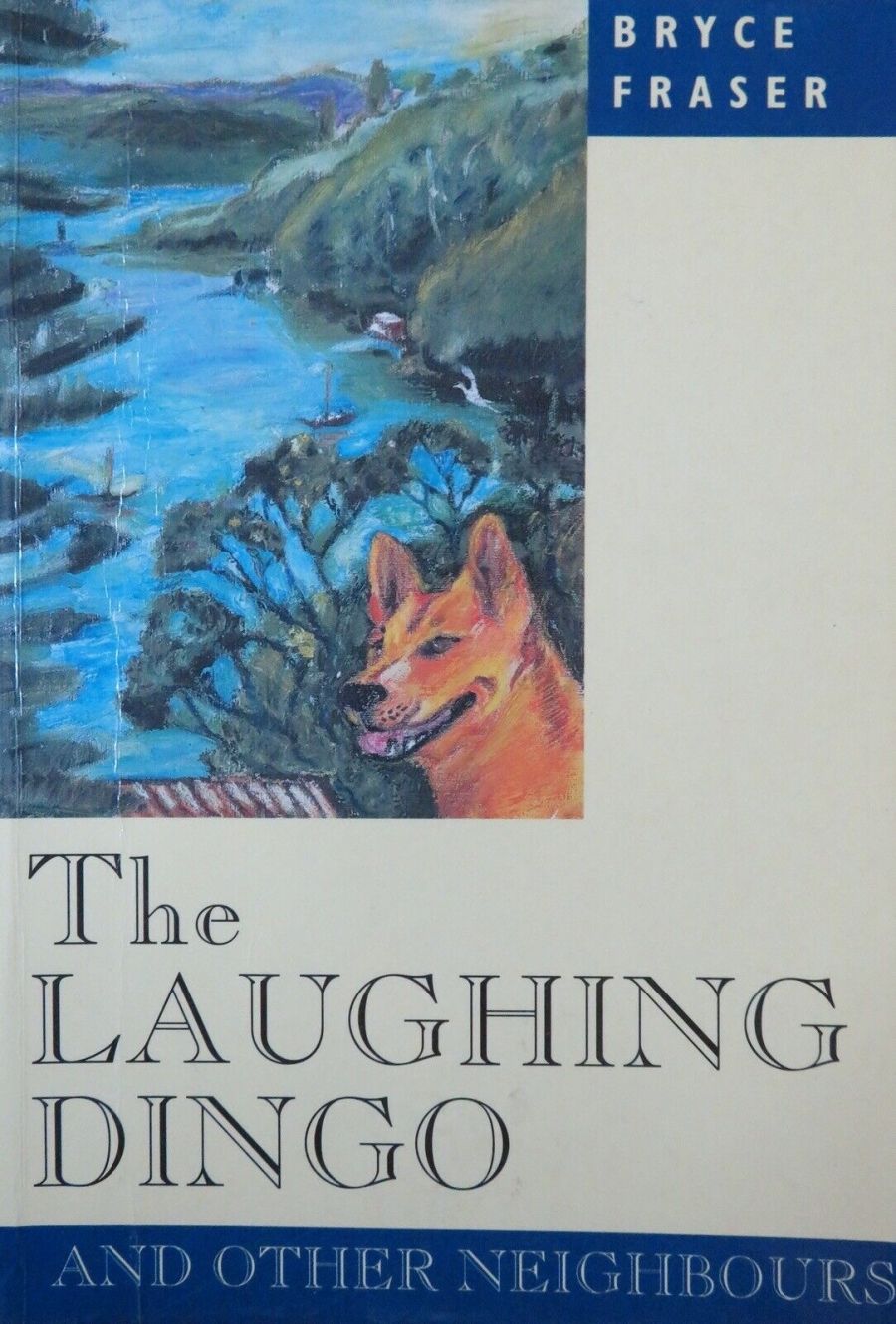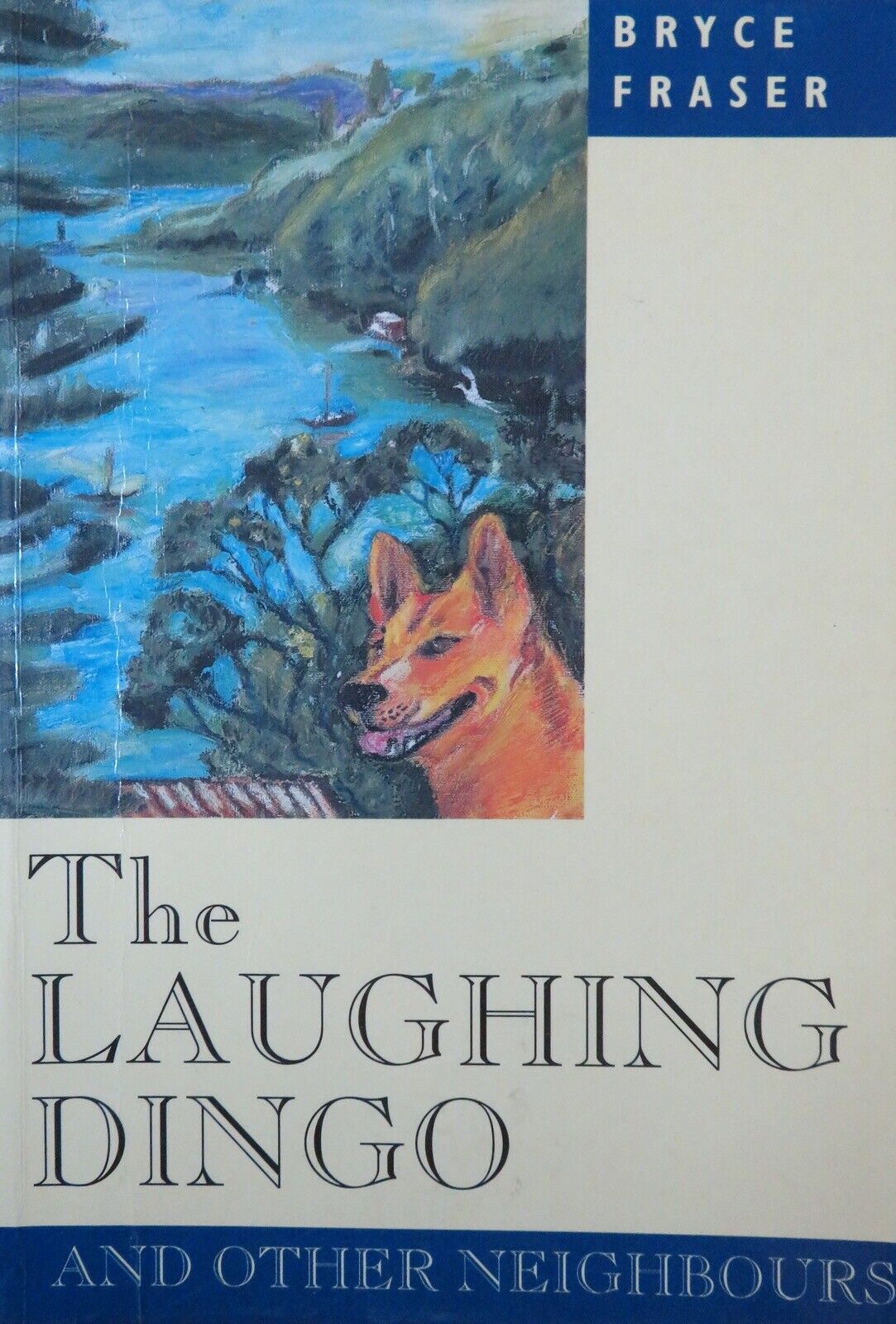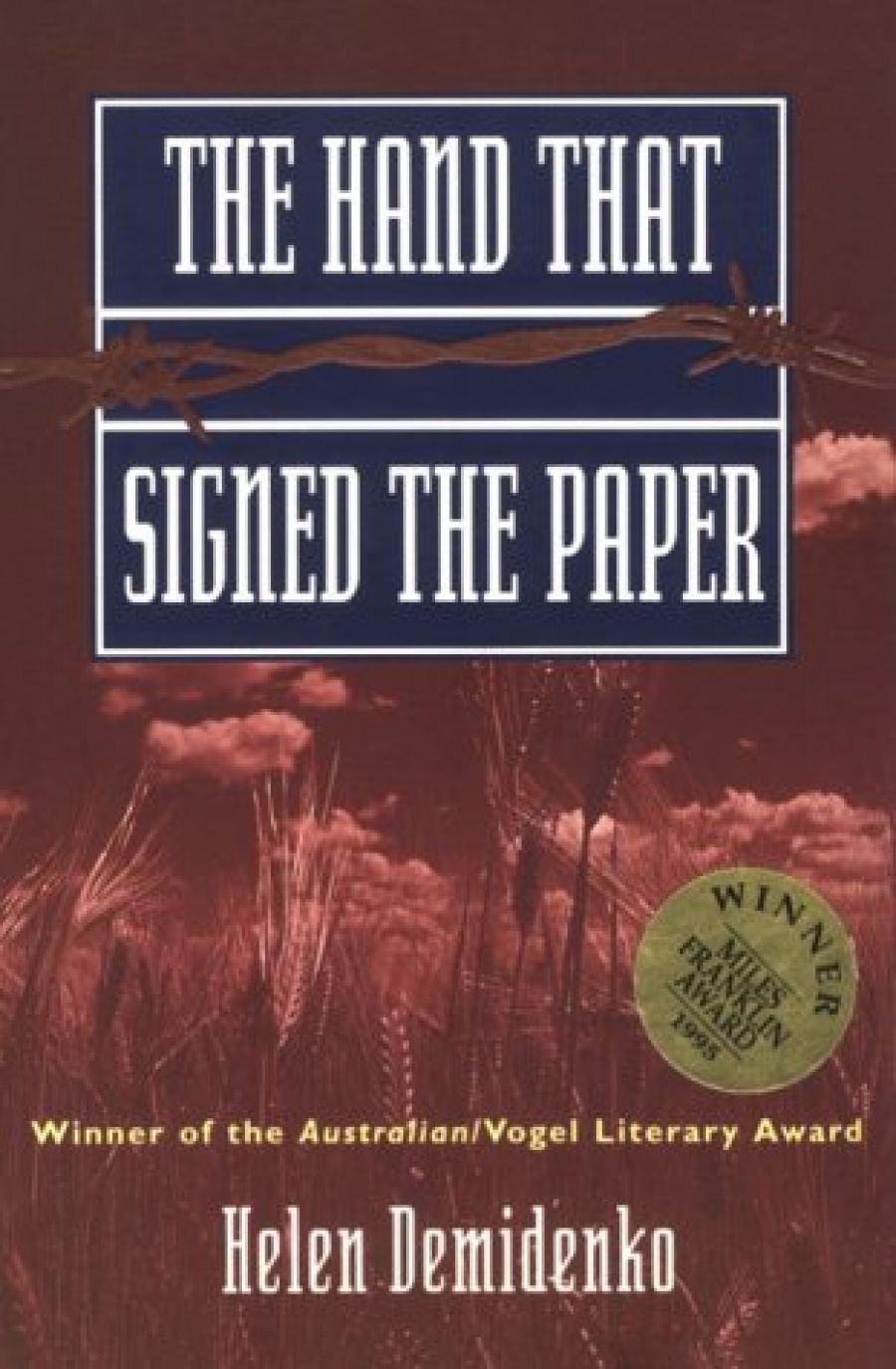
- Free Article: No
- Contents Category: Fiction
- Review Article: Yes
- Online Only: No
- Custom Highlight Text:
Whether you track backwards in time from the hidden pestilence that is Chernobyl, or forwards from the vengeful terror of Stalin’s collectivisation and anti-nationalist policies, it is an inescapable fact that the Ukraine has had a bloody and awful century. In the winter of 1932-33 alone some four to five million Ukrainians died in ...
- Book 1 Title: The Hand That Signed the Paper
- Book 1 Biblio: Allen & Unwin, $13.95 pb, 1863736549
Whether you track backwards in time from the hidden pestilence that is Chernobyl, or forwards from the vengeful terror of Stalin’s collectivisation and anti-nationalist policies, it is an inescapable fact that the Ukraine has had a bloody and awful century. In the winter of 1932-33 alone some four to five million Ukrainians died in the famine caused by Stalin’s brutal agricultural ‘reforms’.
A brief flowering of Ukrainian national culture in the 1920s paralleled a period of Jewish freedom following the Bolshevik revolution, with terrible consequences; the pre-revolution anti-Semitism of the Ukraine found new vigour in the 1930s, as the bitterness caused by Stalin’s policies was focused by the Ukrainians on the Jewish Bolsheviks who held positions of authority in the new regime. It is not surprising that Hitler’s invading armies were at first welcomed by Ukrainians as liberators, and Nazi anti-Semitism found many sympathisers in this brutalised nation.
Some fifty years later the ugly history of the Second World War in the Ukraine became the stuff of daily news presented to a largely bemused Australia, when several old men of Ukrainian descent were charged here with war crimes, and one case in particular – that of Ivan Polyukhovich – was brought to trial in Adelaide.
Helen Demidenko has written The Hand That Signed the Paper as a fictionalised account of the life of a Ukrainian man thus charged. The book is written from the point of view of the man’s niece, who interviews family members and records their view of the events that took place. We are, then, as readers, given the opportunity to act as the jury for a case that is ultimately not brought to trial, because of the poor health of the defendant.
Read more: Cathrine Harboe-Ree reviews 'The Hand That Signed the Paper' by Helen Demidenko
Write comment (0 Comments)

